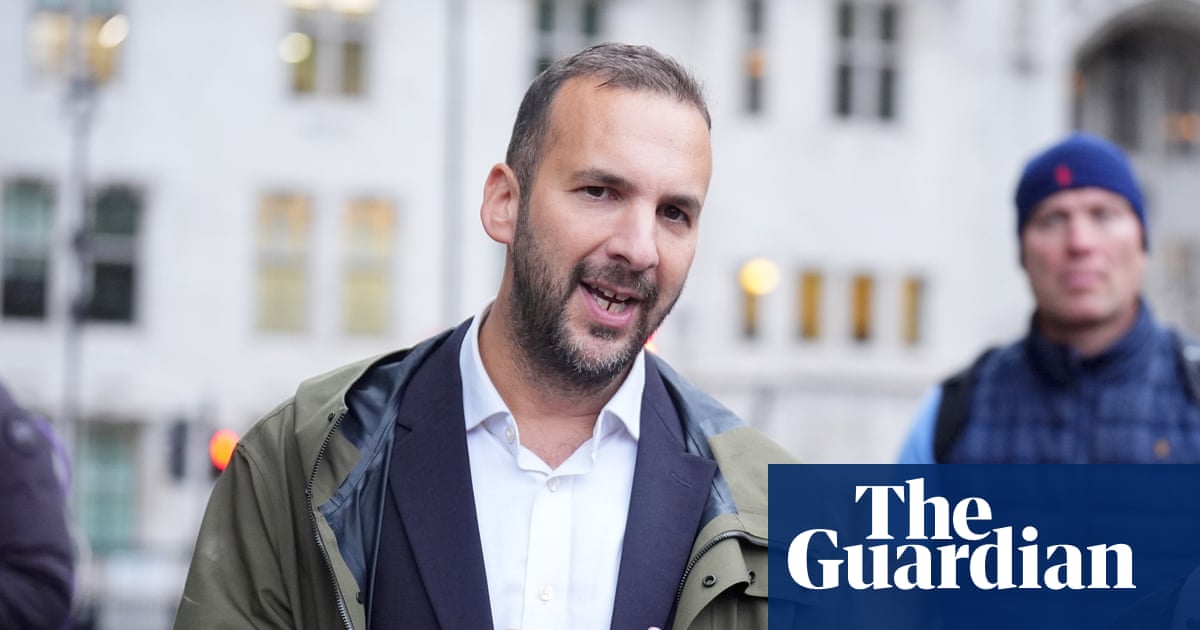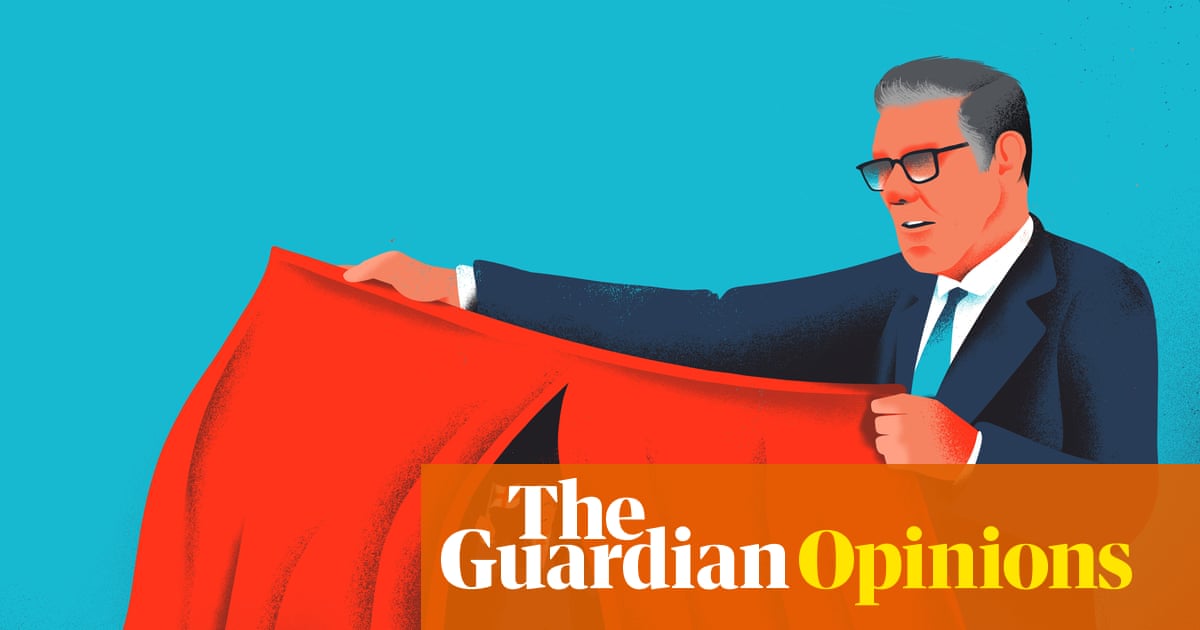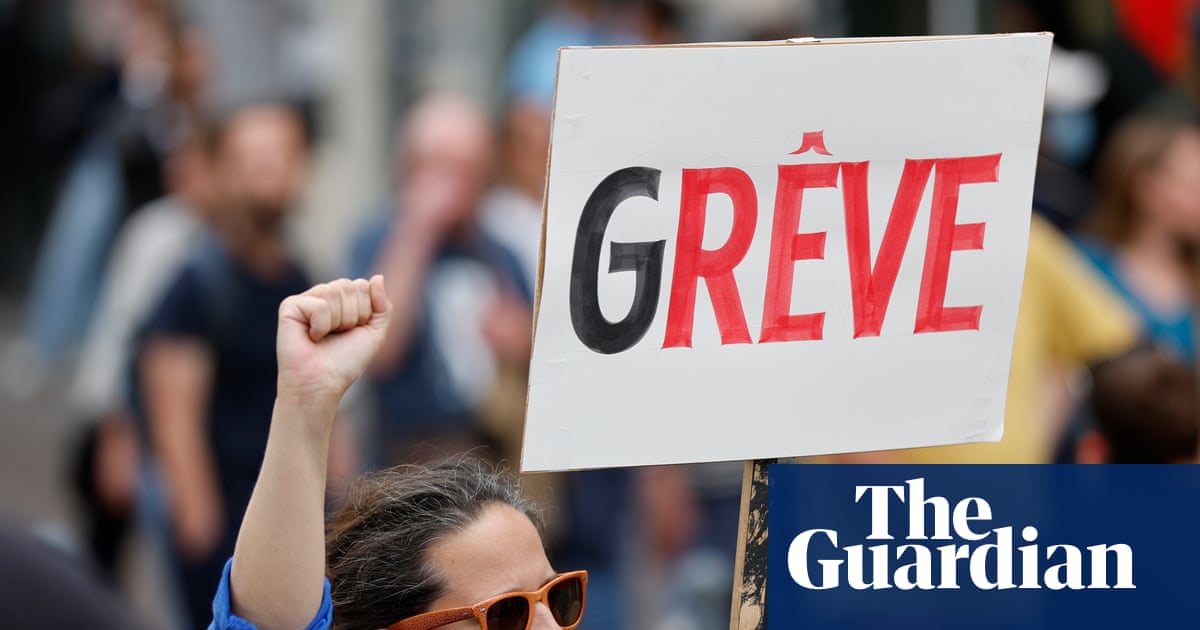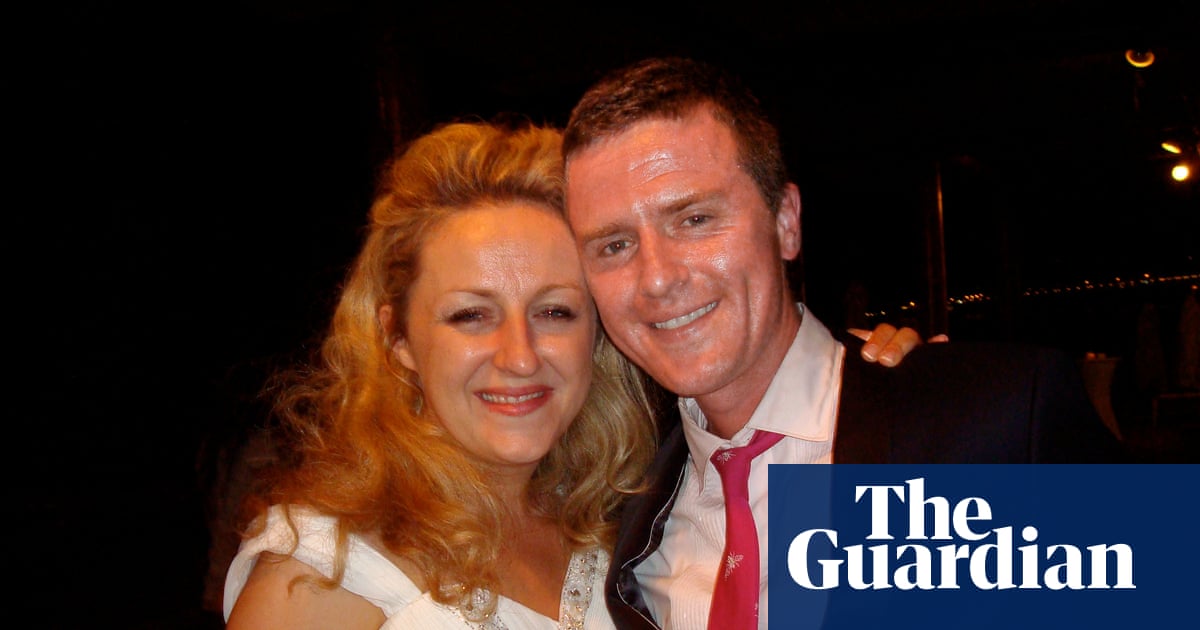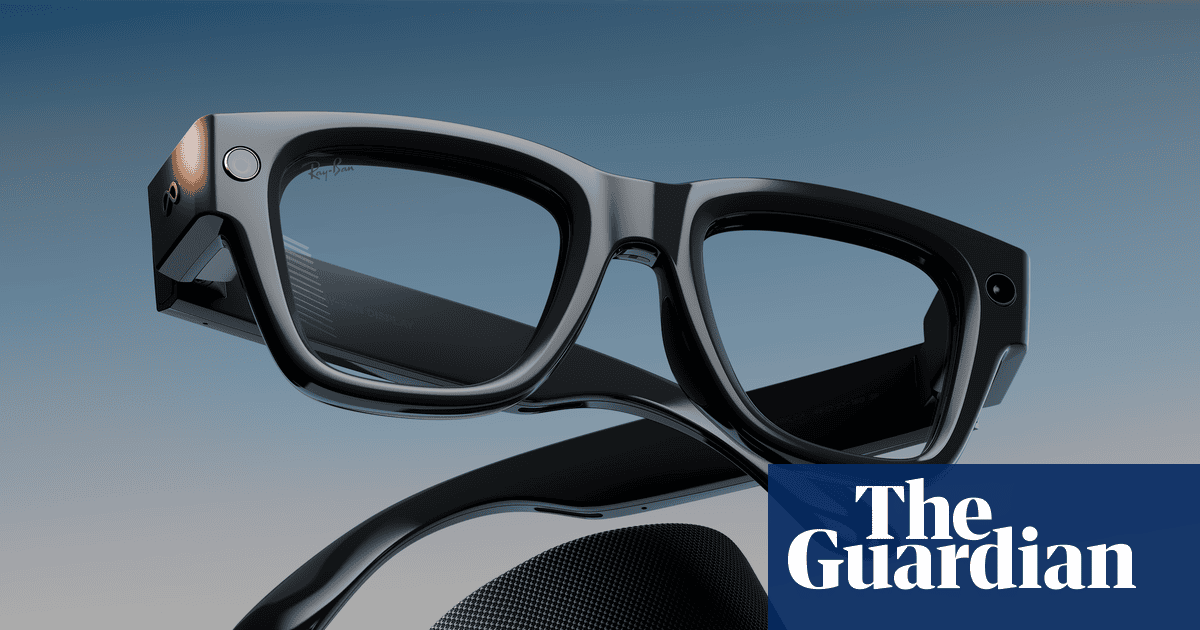Disabled rights campaigners say they are watching “in horror” as the UK’s trans community faces similar toilet segregation and exclusion from public spaces that they do.
The aftermath of the supreme court ruling on biological sex has led to organisations banning trans people from using the toilets of the gender they live as, with accessible facilities frequently promoted as a solution.
Kemi Badenoch, the leader of the Conservatives, has suggested that trans people could use disabled loos, while employment lawyers have suggested this as a workaround for businesses that do not have gender neutral facilities.
The head of the EHRC, Kishwer Falkner, said trans people should themselves campaign for “third spaces”.
The Guardian has heard from disabled people’s organisations alarmed at the proposals.
“I have watched in horror as the supreme court ruling has unfolded,” said Michaela Hollywood, a disability rights activist who has campaigned on the scarcity of Changing Places – toilets for disabled people who need hoists or other equipment.
With one in three LGBT+ people also disabled, “there’s a really strong sense of allyship within the disabled community and longstanding mutual support between us and the LGBT+ community”, says Hollywood.
“The vast majority of disabled people are so aware of what it feels like to be excluded from basic facilities. I need a hoist to get out of my wheelchair, so if there’s not a Changing Place where I’m visiting then I can’t go.”
Some organisations chose not to speak on the record given the fraught nature of the debate but the vast majority agreed on two key points. As well as being undignified and upsetting for trans people, they stressed that the lack of availability and poor maintenance of disabled toilets means it was not a solution that would work for disabled people either. They also underlined that they knew from bitter experience how being denied access to toilets meant being kept out of public spaces.
“When we heard the supreme court ruling, we immediately felt this as an attack on all of us who are dealing with discrimination,” said Claire Glasman of WinVisible, a grassroots multiracial disabled women’s group. “Disabled women know what it’s like to be treated as lesser women.”
“Trans people mustn’t be segregated into disabled loos in the first place,” Glasman. “There aren’t enough accessible loos, like at stations. They’re often out of order, or kept locked, and usually the red alarm cord is hung up which is supposed to be pulled if you fall on the floor”.
A spokesperson for Inclusion London, an organisation for deaf and disabled people, said: “It’s no solution to make this situation worse by forcing trans people to use these accessible facilities. Policing bathroom use harms us all.”
Like Hollywood, Inclusion London also raised the concern that the ruling and the EHRC’s interim advice, which set out that transgender people should not be allowed to use toilets of the gender they live as, and that in some cases they also cannot use toilets of their birth sex, “encourages members of the public to police each other based on what we look like”. “That’s a huge step backwards for all our rights,” they added.
“A charter for people to bully you,” is how Ju Gosling, a co-chair of Regard, the national LGBTQI and disabled people’s organisation, described situation, as the EHRC embarks on a six week consultation before publishing an updated code of practice, possibly after the summer recess.
“I can only use the wheelchair accessible toilets now, but I’ve been challenged numerous times over the years in the women’s toilets, sometimes aggressively, because I’m non gender-conforming.”
She worries that, with most businesses and services not having funds to build extra toilet provision, the result will be less provision. “If you can be sued because you’ve mistakenly let in a transgender man to the gents, or you’ve mistakenly challenged somebody, you can’t get insurance so you just won’t provide toilets. That will hit disabled people even harder”.

 3 months ago
132
3 months ago
132
